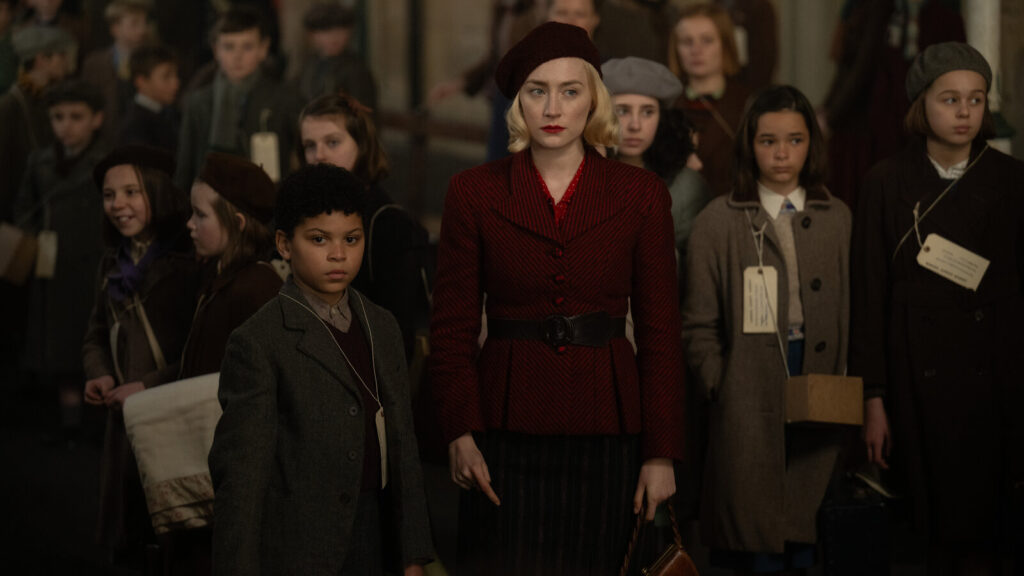Blitz (2024)
What hope there is for a culture under attack from foreign enemies and its own internal prejudices seems meagre in Blitz, yet the bond between a lonely mother and her lost child perseveres, as Steve McQueen tenderly illuminates humanity’s darkest hour with a loving, maternal radiance.

